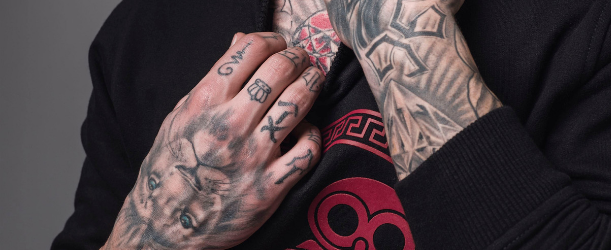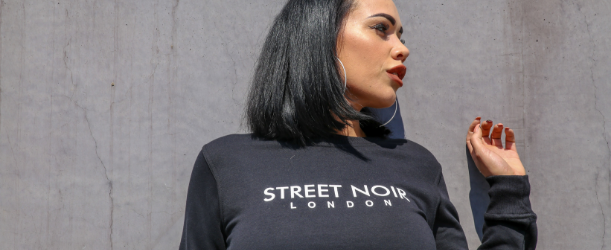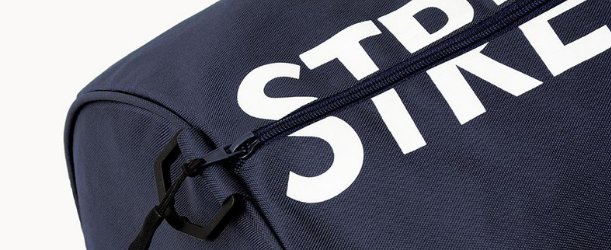The definition of what constitutes ethical fashion can be quite elastic. It can be difficult as a consumer to obtain appropriate information in the crowded ethical marketplace.
Ethical fashion can be defined as an umbrella related to Ethical Fashion Design, Production, Distribution, Retailing and Purchasing. This can include any or all of the following aspects of Ethical Fashion:
Organic or sustainable fabrics, Fabric produced in a factory that adheres to ethical working practices like the SA8000, Fair-trade and a proportion of the companies profits donated to charity. As the term ‘Ethical Fashion’ encompasses so many different aspects, it can sometimes be difficult to work out exactly what is ethical and how to make the right choice.
This is what ethical fashion means to us at Street Noir and problems associated with it:

Minimizing The Environmental Impact Of Garments Manufacturing Activities
This includes various aspects including damage to the ecological system. Origin of dyes using non-toxic low impact dyes treatment of wastewater instead of hazardous chemicals. Toxic gasses, pesticides, fertilizers and other pollutants generated by factories, which can be controlled to minimize impact.
All these are causing harm to our environment by factories explains the lack of corporate social responsibility while other more efficient techniques are present to minimize the impact.

Respecting Fundamental Human Rights
Due to the low cost of production in most developing and developed countries outsourcing has become a standard practice in the fashion industry. In the majority of developing countries, low cost of production is because of exploitation of labor and resources.
Child labor, exploitation of labor, physical abuse to force overtime in existing wage, wages offered less than standard wage, poor and unhygienic working conditions and bad food. The high cost of clothes on the high street means more money goes to the companies and very low proportion goes to the people who actually make them causing increased inequality globally (in some cases workers aren’t even paid 1%).

Animal Cruelty

Consumers
Always ask why and How?
Increased knowledge of consumer about these problems and cruelties associated with ethical fashion can drive the consumer to ask questions from clothing brands how and who made their clothes? Before buying them. An ethical behavior of any company determined by the amount of information it provides regarding the products.




